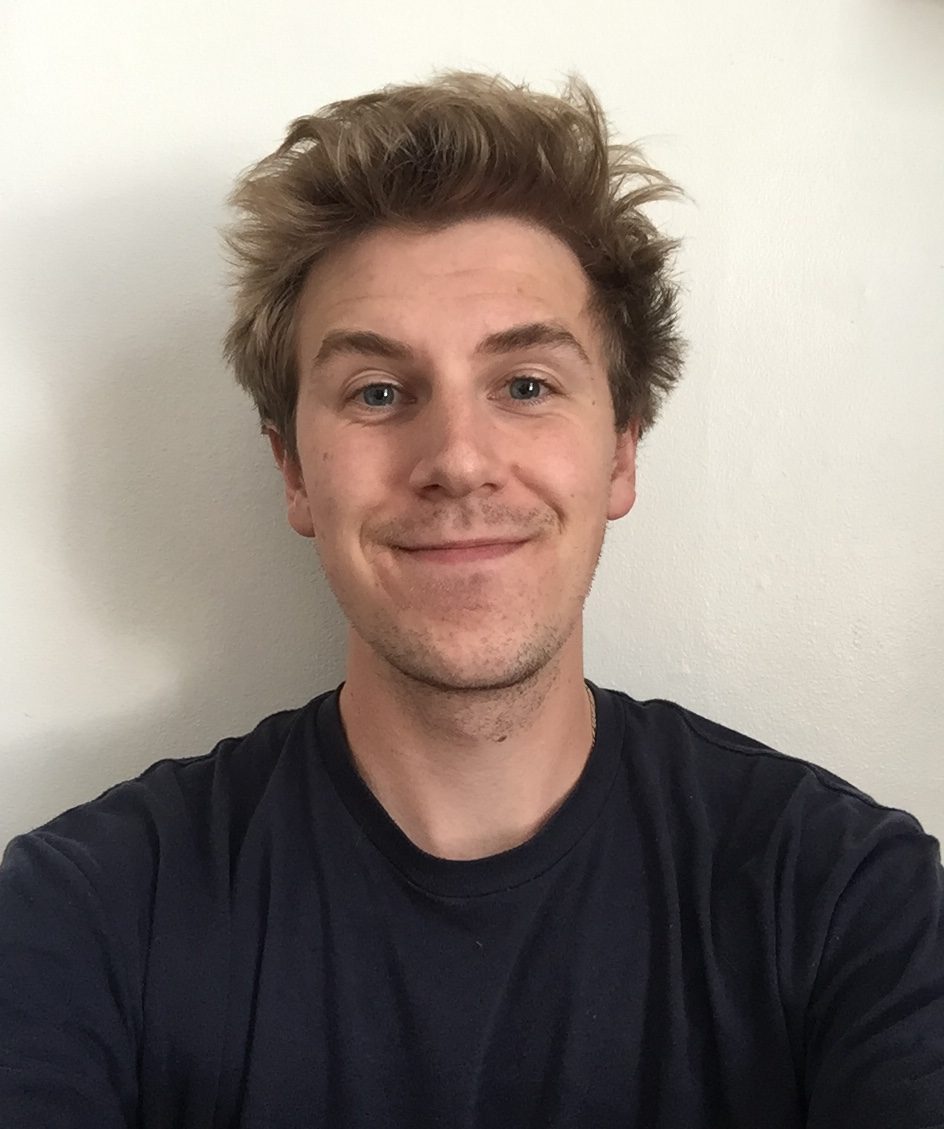 Nikolaus Dean is a Ph.D. Kinesiology student and is the recipient of the prestigious 2020-21 Killam Graduate Teaching Assistant (TA) Award. The prize recognizes graduate students who have played a valuable role as teaching assistants. Nikolaus remarks that “this is one of the most significant awards” he has received yet. Some of the many awards he has received to date include the, SSHRC Joseph-Armand Bombardier Canada Graduate Doctoral Scholarship, Sport Canada’s Sport Participation Research Initiative, a UBC Four-year Fellowship, and the Mitacs Accelerate Research Grant.
Nikolaus Dean is a Ph.D. Kinesiology student and is the recipient of the prestigious 2020-21 Killam Graduate Teaching Assistant (TA) Award. The prize recognizes graduate students who have played a valuable role as teaching assistants. Nikolaus remarks that “this is one of the most significant awards” he has received yet. Some of the many awards he has received to date include the, SSHRC Joseph-Armand Bombardier Canada Graduate Doctoral Scholarship, Sport Canada’s Sport Participation Research Initiative, a UBC Four-year Fellowship, and the Mitacs Accelerate Research Grant.
Dr. Moss Norman and Dr. Andrea Bundon, both assistant professors at the UBC School of Kinesiology, nominated Nikolaus for the Killam Graduating TA award due to his outstanding work and mentoring in his eleven TA-ships. Nikolaus believes that by introducing undergraduate students to socio-cultural ideas in kinesiology and facilitating discussions, he has been able to open them up to different ways of thinking about the human body. When asked what his takeaways from his work as a TA are, he reflects “I’ve gained new pedagogical skills and a compelling experience with the Kin undergraduate community, which has deepened my love for teaching.”
Throughout his time as a graduate student, Nikolaus has received great support for his research projects from faculty members and his cohort, leaving a huge, positive impact on his graduate experience. Dr. Bundon has been his supervisor for both his thesis and dissertation. According to Nikolaus, their great working relationship has given him room to explore his interests in-depth while “drawing from her expertise” in sport sociology and disability studies.
His dissertation is a sociological exploration of adaptive skateboarding and skaters with disabilities. This was inspired by a skateboarding program he saw on T.V. a couple of years ago. “The program was part of the X Games in 2019 and it was the first time that adaptive skateboarding was actually included into a mega event.” After finishing his master’s thesis on concussions among surfers, he was keen to continue his concussion-based research in his Ph.D. However, the T.V. program on adaptive skateboarding prompted him to think about the preconceived notions surrounding skateboarders and skateboarding culture. Nikolaus notes that there is a literature gap in adaptive skateboarding and action sports, so his dissertation hopes to address it and encourage a new discourse surrounding adaptive skateboarding: “I hope that more people consider skateboarding as a more diverse sporting subculture and start talking about the different ways in which people with disabilities are engaging with action sports.”
Nikolaus is currently working on his dissertation, as well as a book chapter connected to his past concussion-based research. He hopes to graduate within the next few years and anticipates staying in academia. His long-term goal is to be an instructor and continue conducting research, whether in sport and injury, disability studies, socio-cultural studies, or ocean studies. “At the end of the day,” remarks Nikolaus, “I hope I can continue pursuing my passions to whatever capacity that might be.”
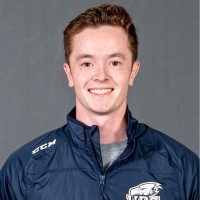 Congratulations to Michael Fliss, a UBCKIN MSc. student for being awarded a CSEP graduate award at last week’s CSEP conference.
Congratulations to Michael Fliss, a UBCKIN MSc. student for being awarded a CSEP graduate award at last week’s CSEP conference.
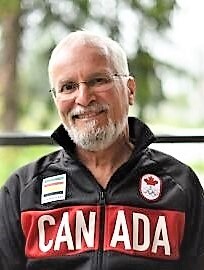 As the head coach of Racewalk West, Gerry Dragomir (MHPCTL 2021) coaches four international-level racewalk athletes. One of those athletes is fellow KIN Alum, Evan Dunfee (BKin 2014), who won the Bronze Medal for the men’s 50km walk at the 2020 Tokyo Olympic Games. “One day Evan showed up to practice with his teenage brother, who was working with our group at the time. It did not take long for Evan to show his true intentions about the racewalk and we have been conquering the world ever since,” remarks Gerry. His third time at the Olympics was certainly the charm for Gerry when he served as a coach at the 2020 Tokyo Olympics to help Evan win his first Olympic medal.
As the head coach of Racewalk West, Gerry Dragomir (MHPCTL 2021) coaches four international-level racewalk athletes. One of those athletes is fellow KIN Alum, Evan Dunfee (BKin 2014), who won the Bronze Medal for the men’s 50km walk at the 2020 Tokyo Olympic Games. “One day Evan showed up to practice with his teenage brother, who was working with our group at the time. It did not take long for Evan to show his true intentions about the racewalk and we have been conquering the world ever since,” remarks Gerry. His third time at the Olympics was certainly the charm for Gerry when he served as a coach at the 2020 Tokyo Olympics to help Evan win his first Olympic medal.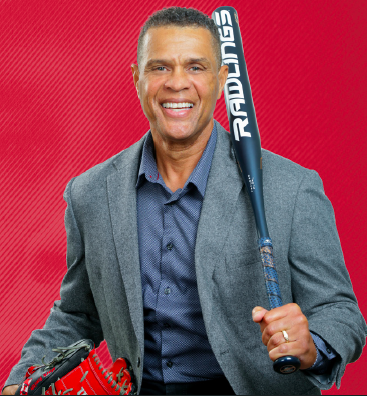 Mark Smith (HPCTL 2020) is an experienced, highly regarded fastpitch softball coach with many accolades and awards under his belt. With 25 years of experience, he decided to enroll in the School of Kinesiology’s professional coaching program in High Performance and Technical Leadership. “I had reached a point where I felt I was no longer growing and being challenged as a coach. I wanted an opportunity to be pushed and be exposed to other perspectives. In the end, it was that and more. I recognized quickly there is no downside to learning – that to be in classes with like-minded people, where everyone is eager to improve themselves and grow their knowledge helped me enhance my coaching skills,” recounts Mark. He goes on to state that he found the entire learning process to be helpful: “In some areas I brought past experience, but I learned some new skills and enhanced others. I may not have learned a great deal about coaching science before joining the program, my prior knowledge and experience were validated by my instructors and peers, encouraging me to learn and assist my fellow classmates on their learning journey.”
Mark Smith (HPCTL 2020) is an experienced, highly regarded fastpitch softball coach with many accolades and awards under his belt. With 25 years of experience, he decided to enroll in the School of Kinesiology’s professional coaching program in High Performance and Technical Leadership. “I had reached a point where I felt I was no longer growing and being challenged as a coach. I wanted an opportunity to be pushed and be exposed to other perspectives. In the end, it was that and more. I recognized quickly there is no downside to learning – that to be in classes with like-minded people, where everyone is eager to improve themselves and grow their knowledge helped me enhance my coaching skills,” recounts Mark. He goes on to state that he found the entire learning process to be helpful: “In some areas I brought past experience, but I learned some new skills and enhanced others. I may not have learned a great deal about coaching science before joining the program, my prior knowledge and experience were validated by my instructors and peers, encouraging me to learn and assist my fellow classmates on their learning journey.”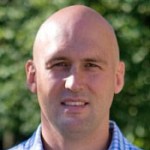

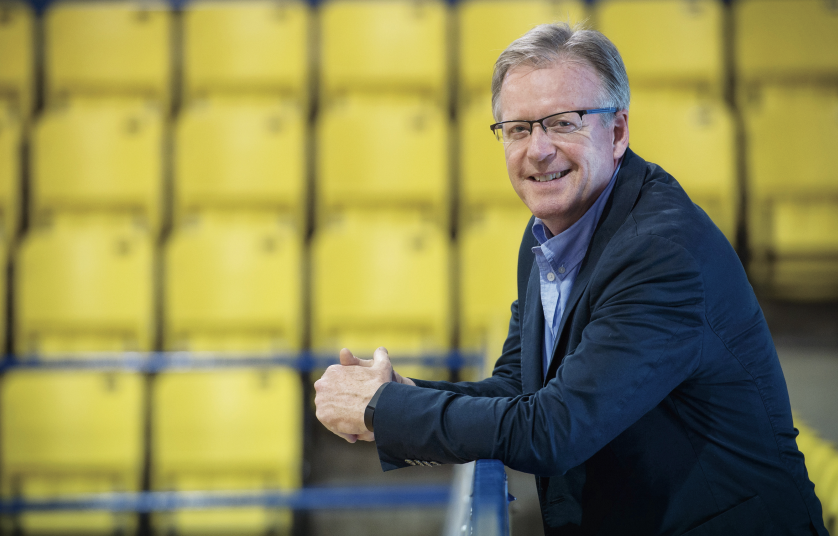 Congratulations to professor Robert Boushel, Director of the UBC School of Kinesiology, on receiving the 2021 Spirit Award in Excellence in Partnership from the
Congratulations to professor Robert Boushel, Director of the UBC School of Kinesiology, on receiving the 2021 Spirit Award in Excellence in Partnership from the 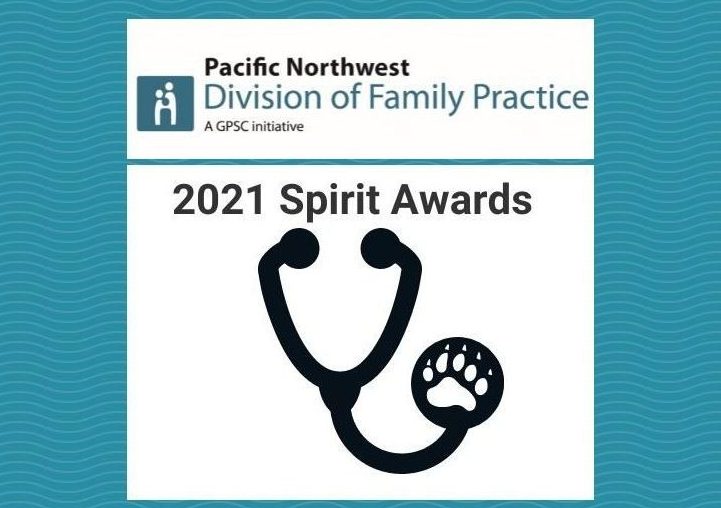 Dr. Boushel was recognized for his visionary leadership supporting exercise and diet intervention directly into primary care practice. The Pacific Northwest Primary Care Network (PCN) is the first in the province, and country, to officially recognize kinesiologists in team-based health care professions.
Dr. Boushel was recognized for his visionary leadership supporting exercise and diet intervention directly into primary care practice. The Pacific Northwest Primary Care Network (PCN) is the first in the province, and country, to officially recognize kinesiologists in team-based health care professions.
 Campus KINnections is a peer mentorship program that pairs upper-year students with first-year and transfer students in Kinesiology for a year-long partnership. The initiative aims to provide incoming Kinesiology students with resources, support, and guidance to ensure a smooth transition into UBC Kin. Throughout the year, students will meet virtually and in person at Campus KINnection events designed to foster a sense of community and strengthen the bond between mentors and mentees. A few events you can expect to see this year include games nights, skating, movie nights, and more!
Campus KINnections is a peer mentorship program that pairs upper-year students with first-year and transfer students in Kinesiology for a year-long partnership. The initiative aims to provide incoming Kinesiology students with resources, support, and guidance to ensure a smooth transition into UBC Kin. Throughout the year, students will meet virtually and in person at Campus KINnection events designed to foster a sense of community and strengthen the bond between mentors and mentees. A few events you can expect to see this year include games nights, skating, movie nights, and more!  Hi, my name is Tanvi! I am in the Bachelor of Kinesiology and Master of Management program, specializing in Social and Behavioural Sciences. I have recently moved to Vancouver from Edmonton, Alberta. There, I was fortunate to have the opportunity to work with young children as a camp counsellor, high school students as the Secretary-General of a high school Model United Nations club, geriatric patients as a recreational aide, and orthopedic patients as an orthopedic social activities leader. I also worked as a receptionist/physiotherapy aide with a panel of esteemed physiotherapists. This was an incredible insight into the field I one day hope to enter! Right now, I am looking forward to starting my role as a fitness leader with the Active Aging Institute. What I am most excited about, however, is my upcoming work with the Campus Kinnections program.
Hi, my name is Tanvi! I am in the Bachelor of Kinesiology and Master of Management program, specializing in Social and Behavioural Sciences. I have recently moved to Vancouver from Edmonton, Alberta. There, I was fortunate to have the opportunity to work with young children as a camp counsellor, high school students as the Secretary-General of a high school Model United Nations club, geriatric patients as a recreational aide, and orthopedic patients as an orthopedic social activities leader. I also worked as a receptionist/physiotherapy aide with a panel of esteemed physiotherapists. This was an incredible insight into the field I one day hope to enter! Right now, I am looking forward to starting my role as a fitness leader with the Active Aging Institute. What I am most excited about, however, is my upcoming work with the Campus Kinnections program.